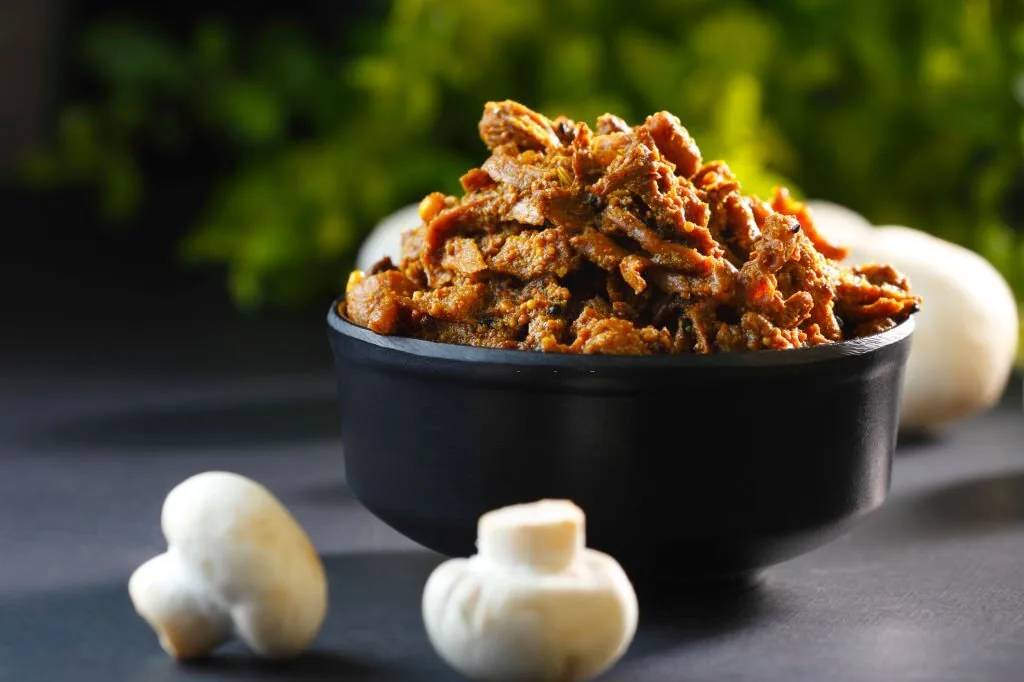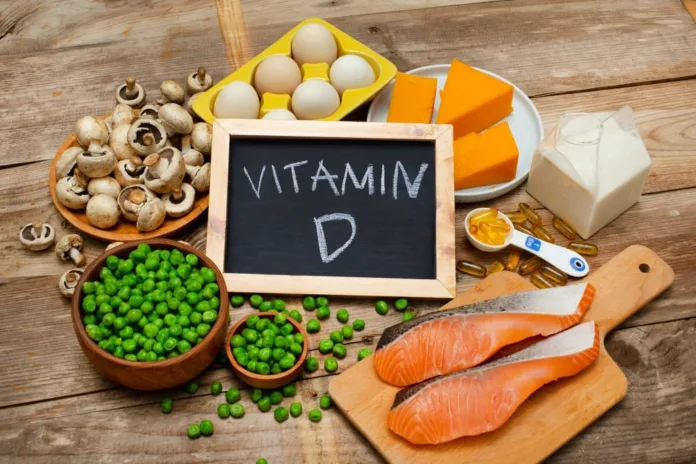Vitamin D is an essential nutrient that helps the body absorb calcium and phosphorus. It is also important for maintaining strong bones and teeth, and for supporting the immune system.
The best sources of vitamin D are animal products, such as oily fish, eggs, and dairy products. However, there are also some good vegetarian sources of vitamin D.
Here are some of the best vegetarian sources of vitamin D:

Mushrooms: Mushrooms are one of the only plant-based sources of vitamin D. They produce vitamin D when they are exposed to sunlight. Some types of mushrooms, such as portobello mushrooms, contain more vitamin D than others.
Fortified foods: Many foods are now fortified with vitamin D, including some breakfast cereals, orange juice, and plant-based milks.
Cod liver oil: Cod liver oil is a type of fish oil that is high in vitamin D. It can be taken as a supplement or added to food.
Tofu: Tofu is made from soybeans, which are a good source of calcium. Some brands of tofu are also fortified with vitamin D.
Sunlight: The body can also produce vitamin D when it is exposed to sunlight. However, it is important to note that the amount of vitamin D that the body can produce from sunlight varies depending on the time of year, the amount of skin that is exposed to the sun, and the use of sunscreen.
How much vitamin D do you need?
The recommended daily intake of vitamin D for adults is 15 micrograms (mcg). However, some people may need more vitamin D, especially if they are at risk of deficiency.
How to get enough vitamin D on a vegetarian diet
If you are following a vegetarian diet, it is important to make sure that you are getting enough vitamin D. You can do this by including some of the foods listed above in your diet, or by taking a vitamin D supplement.
If you are concerned about getting enough vitamin D, it is a good idea to talk to your doctor. They can help you determine if you are getting enough vitamin D and recommend a course of action if you are not.
Additional Information
- In addition to the foods listed above, there are some other potential vegetarian sources of vitamin D, such as spirulina and lichen. However, more research is needed to confirm the vitamin D content of these foods.
- It is important to note that vitamin D is a fat-soluble vitamin, so it is best to consume it with a source of fat. This will help your body absorb the vitamin D.
- If you are taking a vitamin D supplement, it is important to choose one that is vegan or vegetarian-friendly.
Conclusion
There are many good vegetarian sources of vitamin D. By including some of these foods in your diet, you can help ensure that you are getting enough of this essential nutrient.




